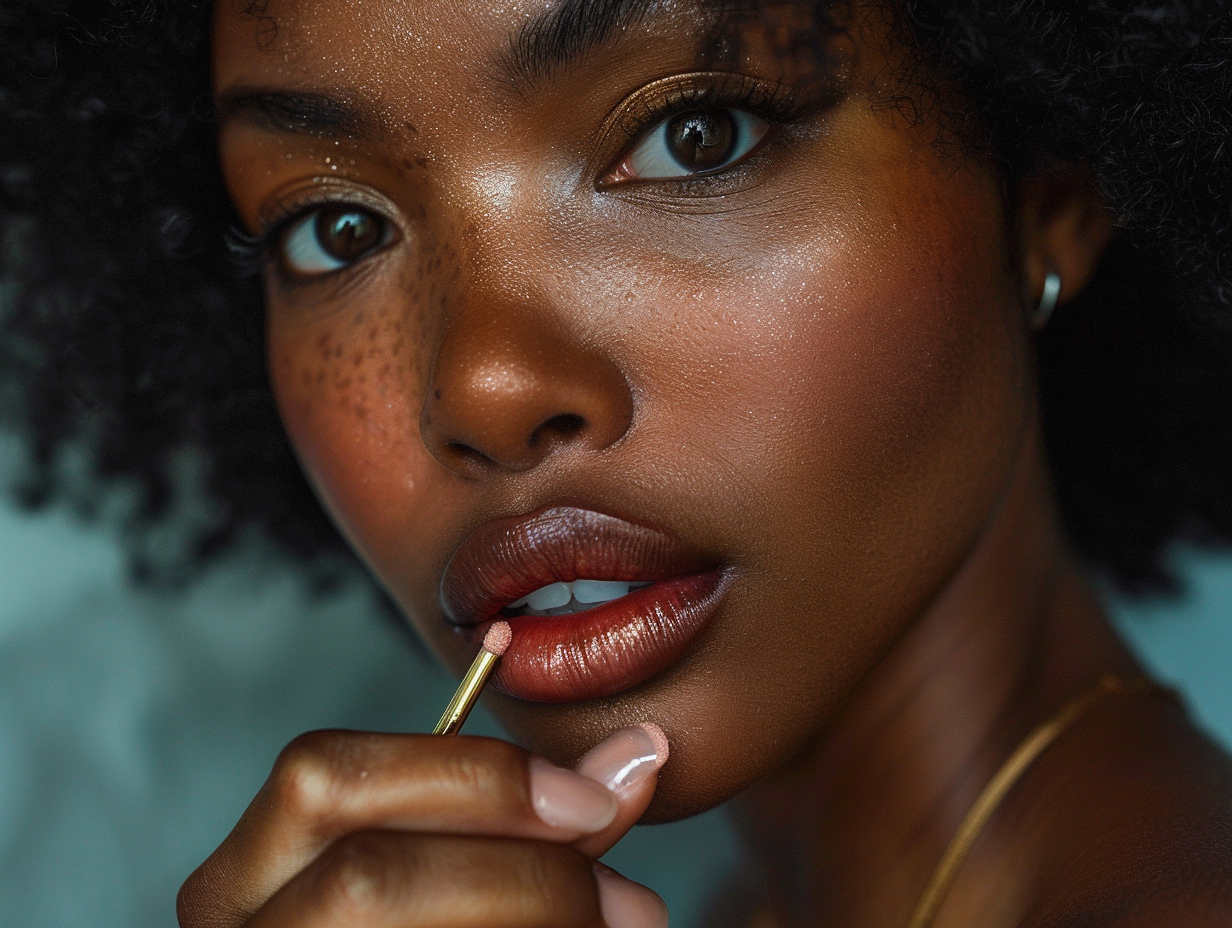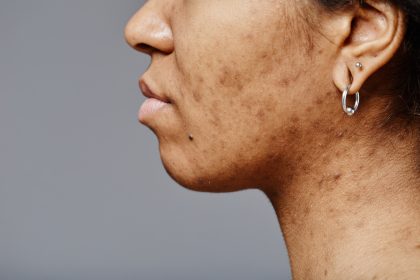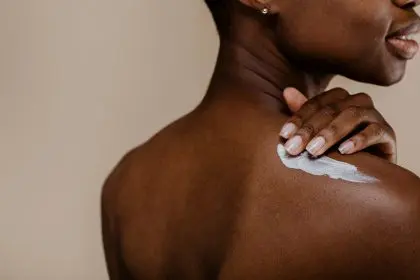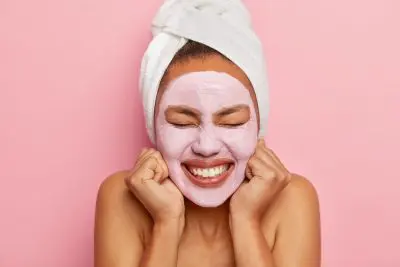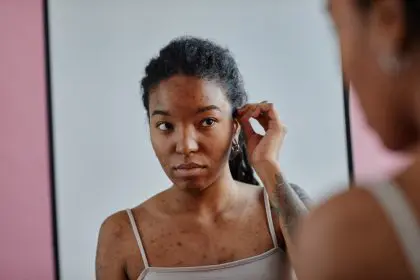Think that sugar scrub is helping your chapped lips? Think again. Dermatologists are sounding the alarm about this popular beauty trend, and what they’re saying might make you toss your scrubs for good.
The scary truth about lip exfoliation
Let’s talk about what’s really happening when you scrub those flakes away. According to board-certified dermatologist Dr. Lindsey Marie Zubritsky, those satisfying scrubs are actually creating micro-tears in your lip skin. Ouch. These tiny injuries can leave your lips more vulnerable than ever, setting you up for a vicious cycle of dryness and damage.
The ingredient blacklist you need to know
Your lips might be encountering some seriously sketchy ingredients without you even knowing it. The American Academy of Dermatology has identified several common lip product ingredients that are basically kryptonite for your pout. We’re talking about:
Camphor, eucalyptus, flavoring (especially cinnamon, citrus, and mint), fragrance, lanolin, menthol, octinoxate, oxybenzone, phenol, salicylic acid, and sodium lauryl sulfate (SLS). If your current lip products contain any of these, it might be time for a bathroom cabinet cleanout.
What actually works for chapped lips
Instead of scrubbing your lips into submission, dermatologists recommend a gentler, three-step approach that actually heals your lips from the inside out:
First, hydrate with ingredients like hyaluronic acid that pull moisture into your skin. Second, protect that moisture with emollients like ceramides and shea butter. Finally, lock everything in with occlusive ingredients like petroleum jelly.
The products dermatologists actually use
Forget those fancy Instagram-worthy scrubs. Dr. Zubritsky swears by two simple products that actually work: Aquaphor Lip Repair and a specialized Remedy for Dry Lips. These products pack powerful ingredients like glycerin, shea butter, peptides, ceramides, and squalane that heal rather than harm.
The nighttime ritual that changes everything
Your lips are most vulnerable to moisture loss while you sleep. That’s why establishing a nighttime lip care routine is crucial. Using a humidifier and applying an occlusive lip product before bed can help you wake up to softer, healthier lips.
The habits that are sabotaging your lip health
You might be undoing all your good work without even realizing it. Licking your lips might feel relieving in the moment, but it’s actually making things worse. The same goes for biting and picking at dry flakes. Breaking these habits is just as important as using the right products.
The power of prevention
The best way to deal with chapped lips is to prevent them in the first place. This means staying hydrated, protecting your lips from harsh weather, and using sun-protective ingredients like titanium oxide or zinc oxide daily.
The healing ingredients you should look for
When shopping for lip products, keep an eye out for these dermatologist-approved ingredients: castor seed oil, dimethicone, hemp seed oil, and mineral oil. These ingredients work together to heal and protect your lips naturally.
Understanding your lip’s barrier function
Your lips’ skin barrier is incredibly delicate and needs special care. Understanding this can help you make better choices about the products you use and how you treat your lips day to day.
The role of internal hydration
While external products are important, don’t forget about hydrating from the inside out. Drinking enough water throughout the day plays a crucial role in maintaining healthy, moisturized lips.
The seasonal approach to lip care
Your lips need different care depending on the season. Understanding how to adjust your lip care routine for winter dryness or summer sun exposure can make a huge difference in maintaining healthy lips year-round.
When to see a professional
Sometimes, persistent lip issues might signal a more serious condition. If your lips remain chapped despite following these recommendations, it might be time to consult a dermatologist.
The future of lip care
As our understanding of lip health continues to evolve, new products and treatments are being developed. Looking ahead, we can expect even more effective, science-backed solutions for maintaining healthy lips.

